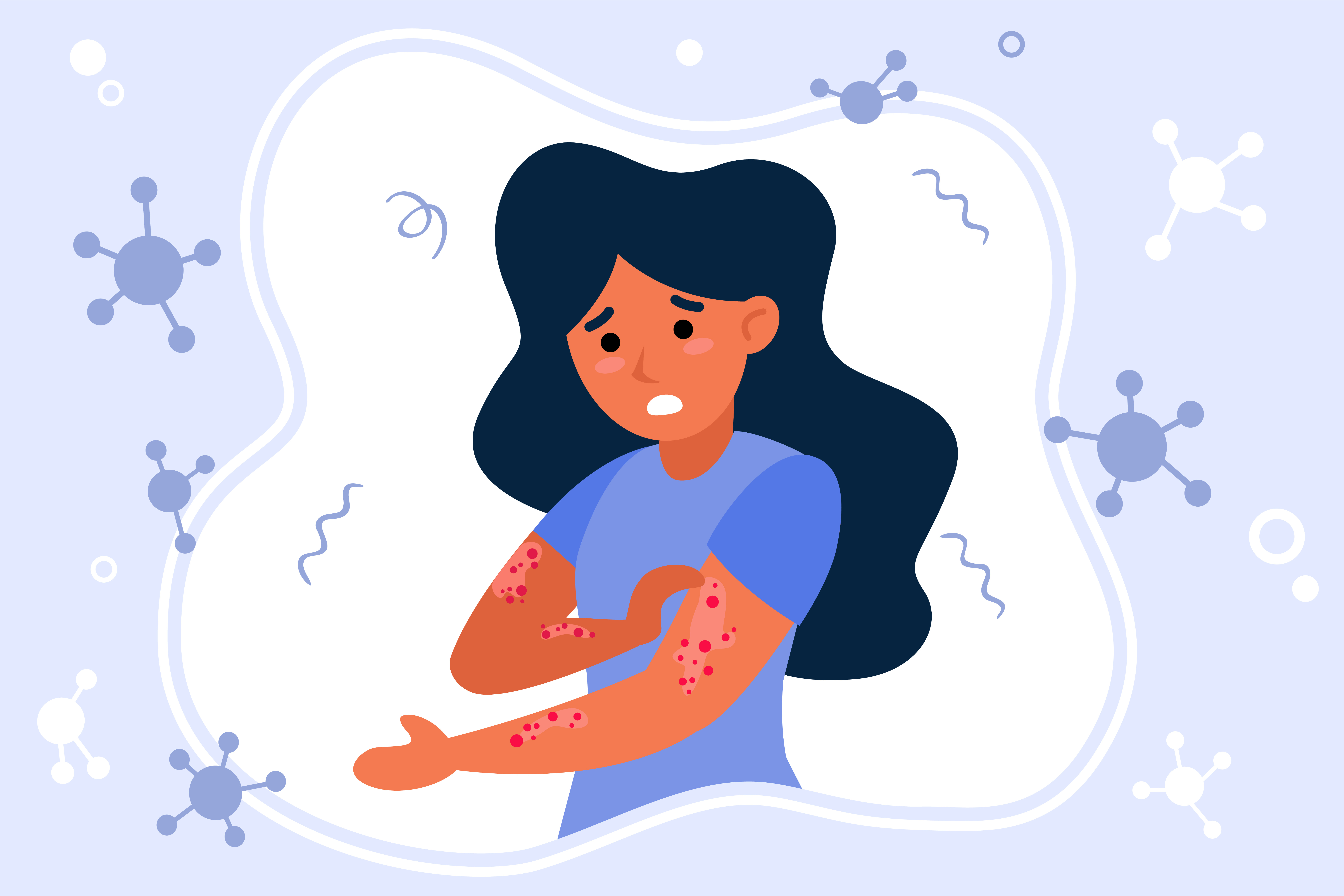Tips to manage eczema in winter
Dr Sally Mon of Parkes Street General Practice in Helensburgh shares her tips and treatments options for managing eczema this winter. Eczema is a chronic, inherited, and inflammatory skin condition that affects individuals throughout the year...

Dr Sally Mon of Parkes Street General Practice in Helensburgh shares her tips and treatments options for managing eczema this winter.
Eczema is a chronic, inherited and inflammatory skin condition that affects individuals throughout the year. However, the winter season can pose unique challenges for those with eczema. Cold, dry conditions tend to exacerbate symptoms, leading to increased dryness, itching and discomfort. Understanding the impact of winter on eczema and adopting appropriate strategies can help people effectively manage their condition during this season.
Winter and Eczema Flares
During winter, the cold and dry weather can deplete the natural moisture from the skin, making it more prone to flare-ups. Additionally, indulging in hot baths or showers, which are common during colder months, further dehydrates the skin. Hot water can damage the outer layer of the skin, compromising its ability to retain moisture. Consequently, individuals with eczema may experience intensified itching and exacerbation of symptoms.
Common symptoms
Eczema presents with several characteristic symptoms, including:
- Skin dryness
- Red and scaly areas on the front of the elbows and the back of the knees
- Watery fluid weeping from affected skin, particularly if associated with secondary bacterial infection
- Itchiness
- Lesions (sores) that may become infected by bacteria or viruses.
Triggers of eczema
Various factors can trigger eczema, including:
- Becoming overheated with clothing, blankets or heaters
- Dryness of the skin
- Irritation from soaps, detergents, fabrics or chemicals
- Food allergies or intolerances
- Allergies to environmental allergens, such as dust mites, plant pollens or animal fur
- Viruses and other common infections
Home management strategies
In most cases, eczema can be effectively controlled at home by implementing the following strategies:
- Avoid things that irritate the skin
- Keep the skin moisturised (a thick, plain moisturiser with no fragrance should be used as often as necessary)
- Keep your skin cool
- Control the itch
Eczema and diet: Most children with eczema do not have any reactions to food. However, in some children, food allergy may be a trigger.
Winter-specific tips
To address eczema challenges specific to winter, try the following:
- Remove doonas and woollen blankets and use a cotton blanket or sheet instead
- Dress yourself or your child in one or two thin layers of cotton clothing
- Always wear protective gloves when using any type of chemical or detergent
When to seek medical attention
It is essential to consult a healthcare professional if:
- Your eczema is not improving after two days of regular treatment
- You notice signs of infection, such as weepy, yellow-coloured scabs and broken areas of eczema
Cortisone Treatment
In some cases, your doctor may prescribe a cortisone-based cream or ointment for eczema management. Cortisones, which are natural hormones produced by the body, can be highly effective in controlling eczema when used as directed. The strength of cortisone prescribed will depend on the severity and location of the eczema, with weaker cortisones typically used on the face and stronger ones on the body.





